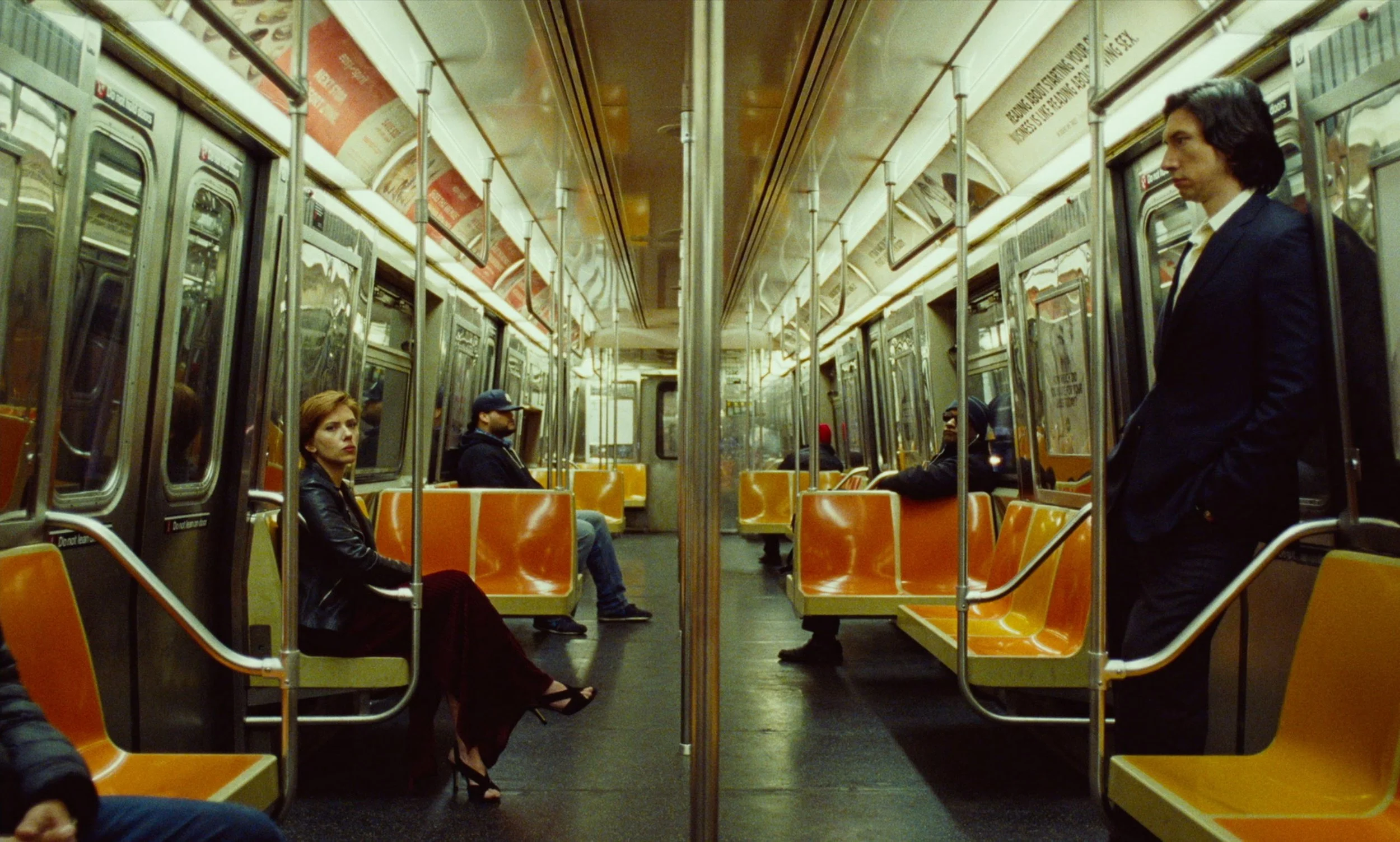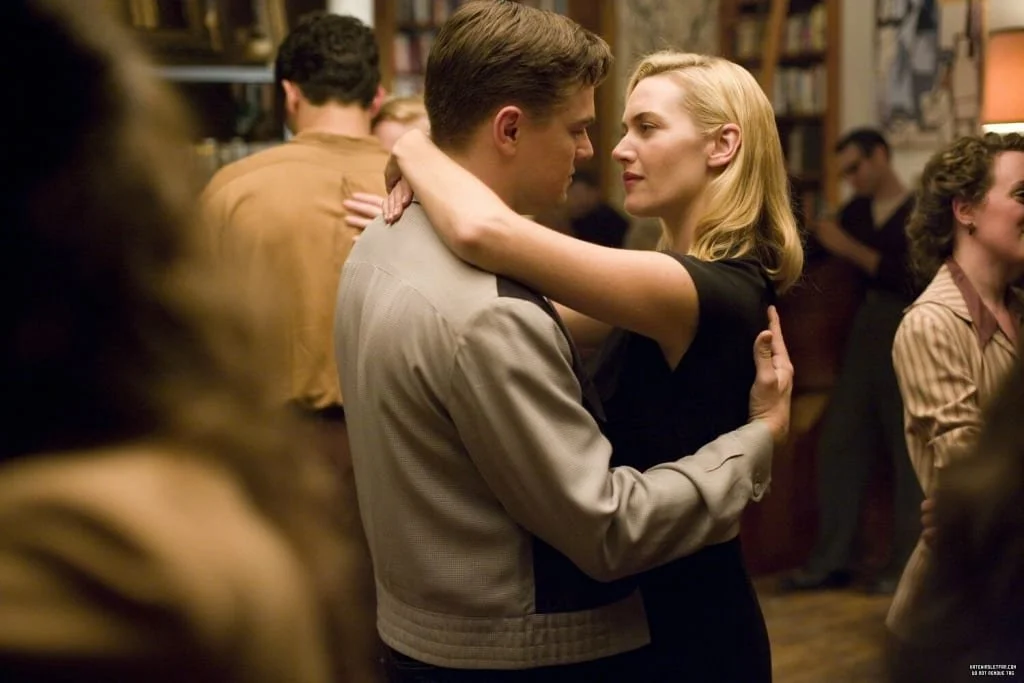Marriage and the Burden of Emotional ‘Work’
I am not an expert on marriage and relationships. In fact, I have never been in a ‘serious’ romantic relationship. However, ironically, as an almost lawyer, I do know how to legally get into and get out of a marriage. Until recently, my idea of marriage was shaped mostly by the relationship between my parents, but recent events in my own life as a growing adult have made me explore ways in which we associate ourselves with marriage as an institution. Some of us tend to dismiss it altogether claiming that it reinforces the numerous gender norms prescribed by patriarchy; some of us believe it is inevitable and a necessity because ultimately we live in a society that glorifies marriage as a life achievement (thus we often choose someone to tick marriage off of our to-do list of life); some of us choose to take a ‘realistic’ approach by saying “it will happen when it happens–if it doesn’t, it will still be okay (but will it?)”. I could go on listing such ways of thinking, but I have now learned that I often oscillate between them. Maybe you do, too.
However, one thing I firmly believe in is that marriage requires a lot of commitment and emotional ‘work’. Why use the word ‘work’? After all, there is no reward for having a successful marriage, as much as there is no recipe for one. After a while, marriage becomes a chore, or a hobby. It depends on how much you enjoy it despite the routine mundaneness of ’till death do us part’. How much do you value your partner? How do you support them as an individual? How do you move forward despite the occasional roadblock? All of this requires emotional effort or ‘work’. Two films have recently given me some insight as to how ubiquitous this emotional ‘work’ in marriage is, regardless of our personal approaches to the institution or our own love lives.
Photo credits to Vocal Media
I watched Revolutionary Road (2008) for the same reason as everyone else. Here were Leonardo DiCaprio and Kate Winslet playing the romantic leads of a film ten years after Titanic (1997). The film rather surprised my 15 year-old self, because I could not understand its complexities. I kept going back to the film, however, and read the book of the same name (1961) by Richard Yates on which the film is based, perhaps five years later. On the other hand, Marriage Story (2019) is released eleven more years after Revolutionary Road, and I just was not sure if I wanted to watch it. Yesterday, I finally did. I have followed the career of Adam Driver since Lena Dunham’s Girls, but until yesterday I was doubtful of the general appeal towards Scarlett Johansson. Now I am convinced. Revolutionary Road was directed by Sam Mendes (Winslet’s then husband), and Marriage Story was directed by Noah Baumbach. Both films performed incredibly well with critics and at the box office. In fact, both Johansson and Driver received well-deserved Academy Award nominations for their performances, while Winslet took home a Golden Globe.
In Revolutionary Road, Frank and April Wheeler are a young couple with two children who make a new move to a suburban home on a lane ironically named “Revolutionary Road” in Connecticut in the 1950s. April is finally able to convince Frank about relocating to Paris as a family so she can follow her passion of becoming a stage actress, while he can use the free time to think of business opportunities. However, she learns later that she is pregnant and the couple is forced to rethink their decision of going to Paris. April is adamant that they go, while Frank is reluctant because he has a promotion lined up at work. The film begins on a positive note, showing how the young couple met in 1948, and what attracted them to each other. As we continue to watch, we realise the red flags when both of them cheat on each other, April claims that she does not love Frank anymore, and she ultimately dies of blood loss when she attempts a vacuum aspiration abortion on herself.
Photo credits to The Verge
Marriage Story, too begins on a positive note, with Nicole and Charlie reading letters they have written about why they love the other. The letters themselves make it clear that they are no ordinary people; they have rich, complex personalities that stand out, but when the we realise that this was an exercise they were forced to do by a separation mediator, our hopes come crumbling down. We learn that they met at a young age when Nicole had the prospect of having a successful career in Tv, but she decided to invest in Charlie’s dream of managing a theatre company, and is now continuing to contribute by acting in the productions he directs. They also have an ongoing conflict about New York City (where Charlie wants to explore Broadway) vs Los Angeles (where Nicole wants to pursue a lucrative career in Tv).
The first thing I noticed about both films is the innate theatricality and performativity of the characters’ marriages. After all, both wives are actresses by profession. April’s most recent venture is a role in a local production of The Petrified Forest (1935) by Robert E. Sherwood, while Nicole is playing Electra in Charlie’s modern rendition of the play by Sophocles. Both couples are popular, and are well-liked by their respective communities. Frank and April are loved by everyone on Revolutionary Road, but their house has a haunted quality as the truth of their relationship unfolds inside and inside only. Charlie and Nicole are the same: their chemistry and thriving relationship are the main topics of conversation for those in their theatre company. Their friends openly contemplate on whether they would get back together, and unlike Frank and April, they decide to put up a charade that they have definitely separated and are no longer talking to each other (when they are in fact talking to each other). These deliberate or perhaps subconscious façades allow each couple to face society with confidence. We are constantly reminded, however, that they cannot avoid the judgemental gaze of their communities. They become engrossed in the theatrical and tend to forget/ignore the real.
Photo credits to Netflix
Their performative acts keep them shielded from the actual emotions they feel towards each other; April’s resentment towards Frank for his selfishness, Frank’s anger towards April regarding her inability to understand his need to achieve the American Dream, Nicole’s feeling of suffocation due to the compromises she has made for Charlie, and Charlie’s discontentment about being pressured to move to LA, a place where he does not envision himself being happy. Each character is not great at communicating their feelings to their spouse. They are also rather ambitious and complex as individuals which makes it harder for them to make the other person understand them. It is not that they do not have emotions, but they fail to do the emotional ‘work’ to make sure they are satisfied in their marriages. Thus, the acts of infidelity become mere symptoms or characteristics of their already failed marriages.
In Revolutionary Road the silences are damning. They are those so-called ‘pregnant pauses’ that make the audience quiver. Especially in the last scene of the film where April decides to attempt her abortion after Frank leaves for work, we cannot help but wonder whether it is suicide she has in mind, not just abortion. The soundtrack of the film by Thomas Newman fills these silences, and the innermost thoughts of April and Frank are communicated to us with the soulful but minimalistic instrumental pieces. In true Baumbach style, there are not many literal silences in Marriage Story, but the ones it has are again infused with meaning about the failing relationship. The climax of the film is a fight between Charlie and Nicole which ends in a silence of them crying and hugging each other. As they finally come into terms with the fact their marriage is over (because Charlie still thinks they can make it work after Nicole moves back to NYC), we, too come into terms with it.
I am also rather intrigued by the emphasis each film places on the clash between individual ambition and collective ambition as a family. Revolutionary Road is based in the Age of Anxiety, the 1950s, when the American Dream was to lead a life of wealth gained through hard work and sacrifice which would ultimately allow one to climb up the social ladder. Frank is very much wrapped in this idea as he wants to develop a business conglomerate and make advantage of the consumerism that was slowly starting to engulf the USA at the time. The idyllic dream that Paris provides April does not cater to his individualistic interests. Seven decades later, Charlie and Nicole are in a position where they are past the American dream, but they have not achieved their individual dreams of being independent and self-sufficient as persons rather than as a family. Charlie’s co-dependence on Nicole is so evident from the beginning of the film. Even after winning a MacArthur Genius grant, he selfishly expects Nicole to fulfill all his emotional needs while he completely ignores her ambitions. This is what makes him feel blindsided when he is served with divorce papers, and when she hires a brilliant and costly lawyer to represent her. He finally understands that Nicole is her own person and needs to explore her ambitions, her own dreams, and lets her go. Frank, on the other hand, is too set in his ways and is unable to see through April and her frustrations about becoming a successful actress.
This makes me wonder whether each couple would have survived had they switched generations. Would Frank and April still be married if they had the lives of Charlie and Nicole? Would Charlie and Nicole have continued be married if they had had the lives of Frank and April? My answer to both questions would be probably not. We are all defined by the times we live in, but individual growth is essential in order to consider growth with a partner. We must have developed the mental and emotional capacity to understand the goals of our partner as their own person, and support them in that process, before we decide to embark on collective goals. That is another part of the emotional ‘work’ that is lacking in these two couples.
There are many more aspects of these two films that could be highlighted, and that would be a rather large project. And I still have not cracked the formula for the perfect marriage. Not sure if I ever will. I will, however leave you with a quote from the novel Revolutionary Road where April says,
“Would it be all right if we sort of didn’t talk about anything?” she asked. “I mean couldn’t we just sort of take each day as it comes, and do the best we can, and not feel we have to talk about everything all the time?”



